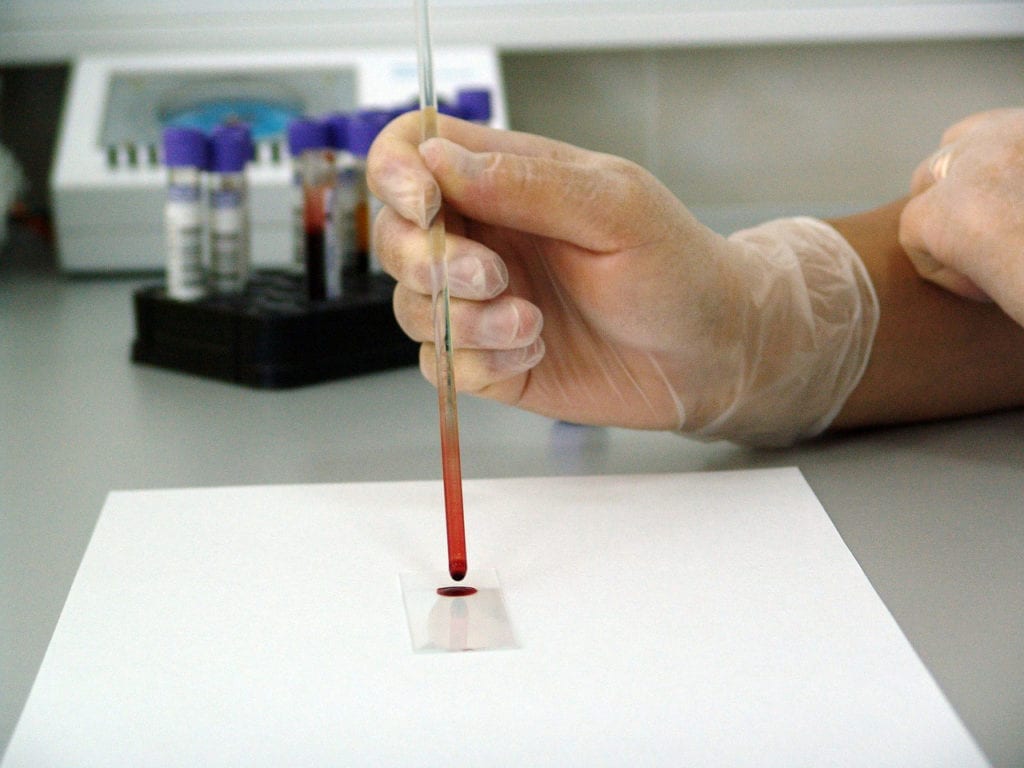According to a story from PRNewswire, Infinity Pharmaceuticals and the Bristol-Myers Squibb Company recently announced that the two companies will be partnering in order to conduct a Phase 2 clinical trial. This trial will test Infinity’s experimental product candidate IPI-549 in combination with Bristol-Myers’ nivolumab, marketed as Opdivo, as a treatment for urothelial cancer.
About Urothelial Cancer
Urothelial cancer, also known as transitional cell carcinoma or urothelial carcinoma, is a form of cancer impacting the urinary system. This rare cancer can occur anywhere from the bladder to the kidneys. Risk factors for urothelial cancer include certain mutations, exposure to farming or industry chemicals, urinary system irritation, radiation, and smoking. Symptoms include bloody urine, abnormal urinary function, flank pain, bladder obstruction, fatigue, and weight loss. Metastatic disease may present with more symptoms, but these vary depending on where the tumor has begun to spread. Urothelial cancer is not easy to treat. Surgery is a common approach, but the tumor often relapses. Other approaches include immunotherapy, chemotherapy, and platinum based chemotherapy. A tumor located in the urethra is associated with worse survival. The overall five year survival rate for urothelial cancer is 90 percent, but this falls to just 12 percent if the cancer spreads. To learn more about urothelial cancer, click here.
About The Clinical Trial
There is a dire need for improved treatment approaches for patients who have metastatic disease or are not responding to standard approaches. This trial will include a total of 150 patients. Some will receive nivolumab on its own and others will receive this drug combined with IPI-549. All patients who will participate in the trial will have already received treatment with platinum chemotherapy and seen their disease progress or recur afterwards.
Prior studies have already suggested the possible clinical benefit of combining IPI-549 and nivolumab. It is hoped that this combination will also lead to improved outcomes, as patients with high levels of myeloid derived suppressor cells tend to respond poorly to nivolumab. Therefore, this trial will monitor the degree of tumor response in patients with differing levels of these cells.
Hopefully, this clinical trial will further reveal the potential effectiveness of nivolumab and IPI-549.





